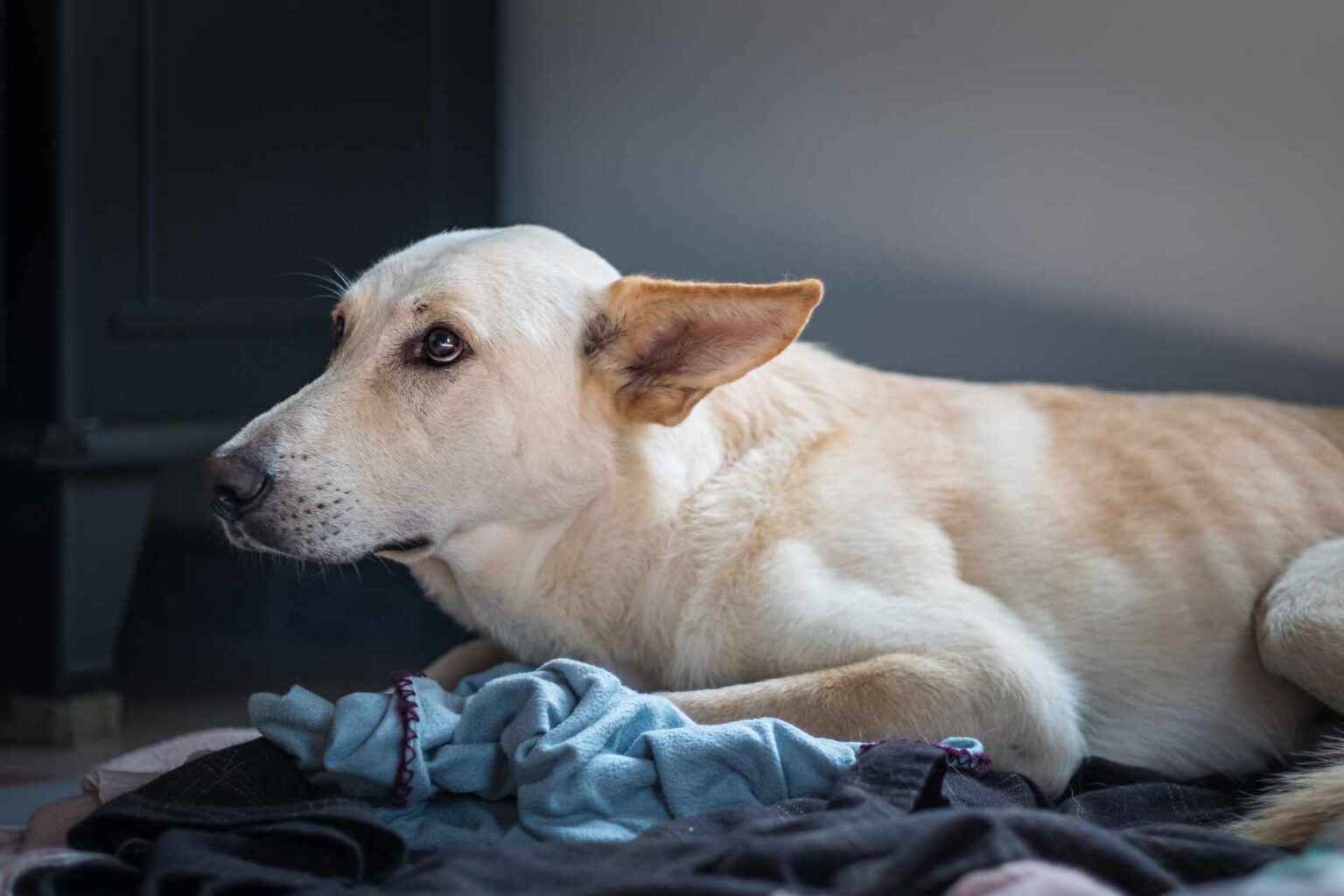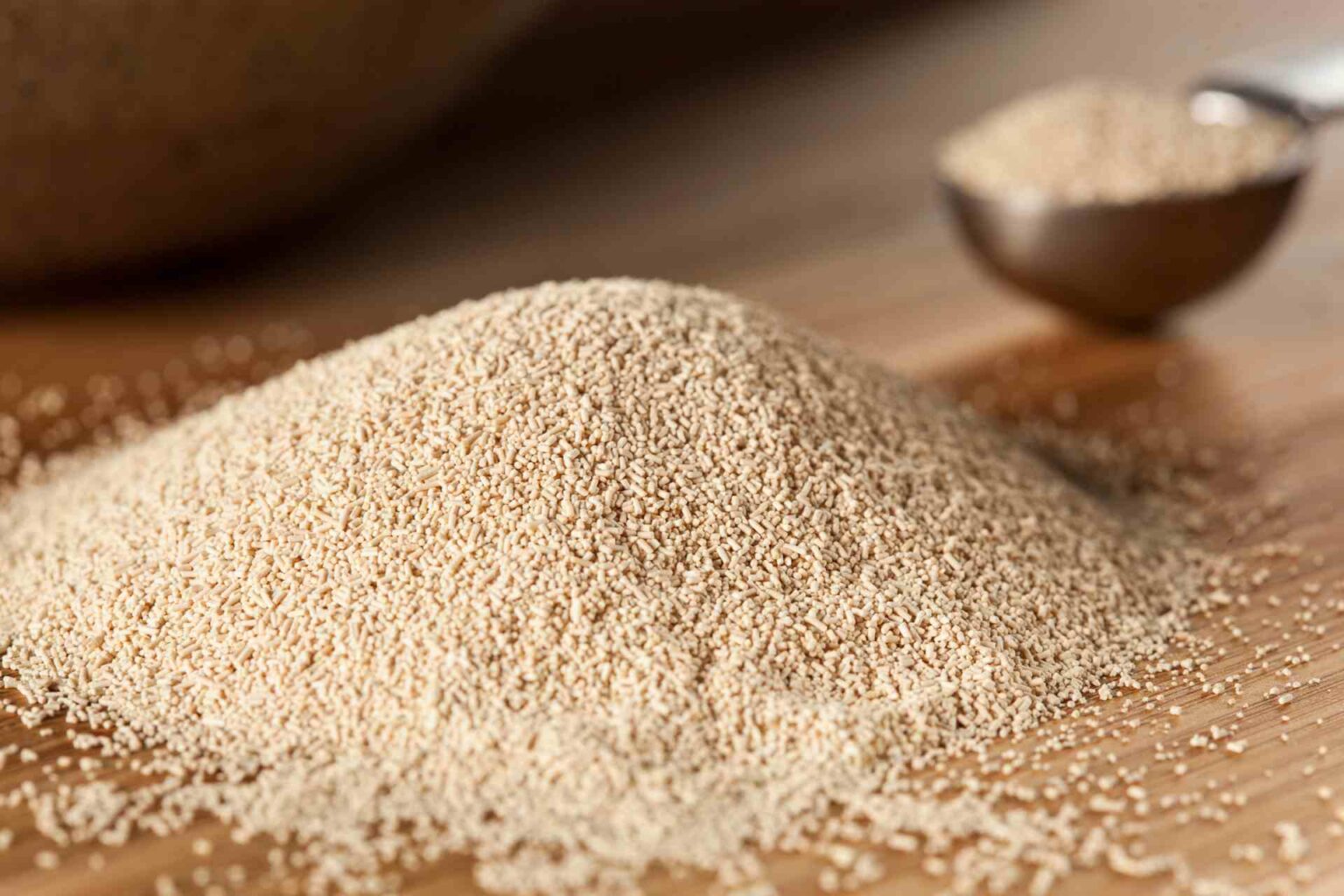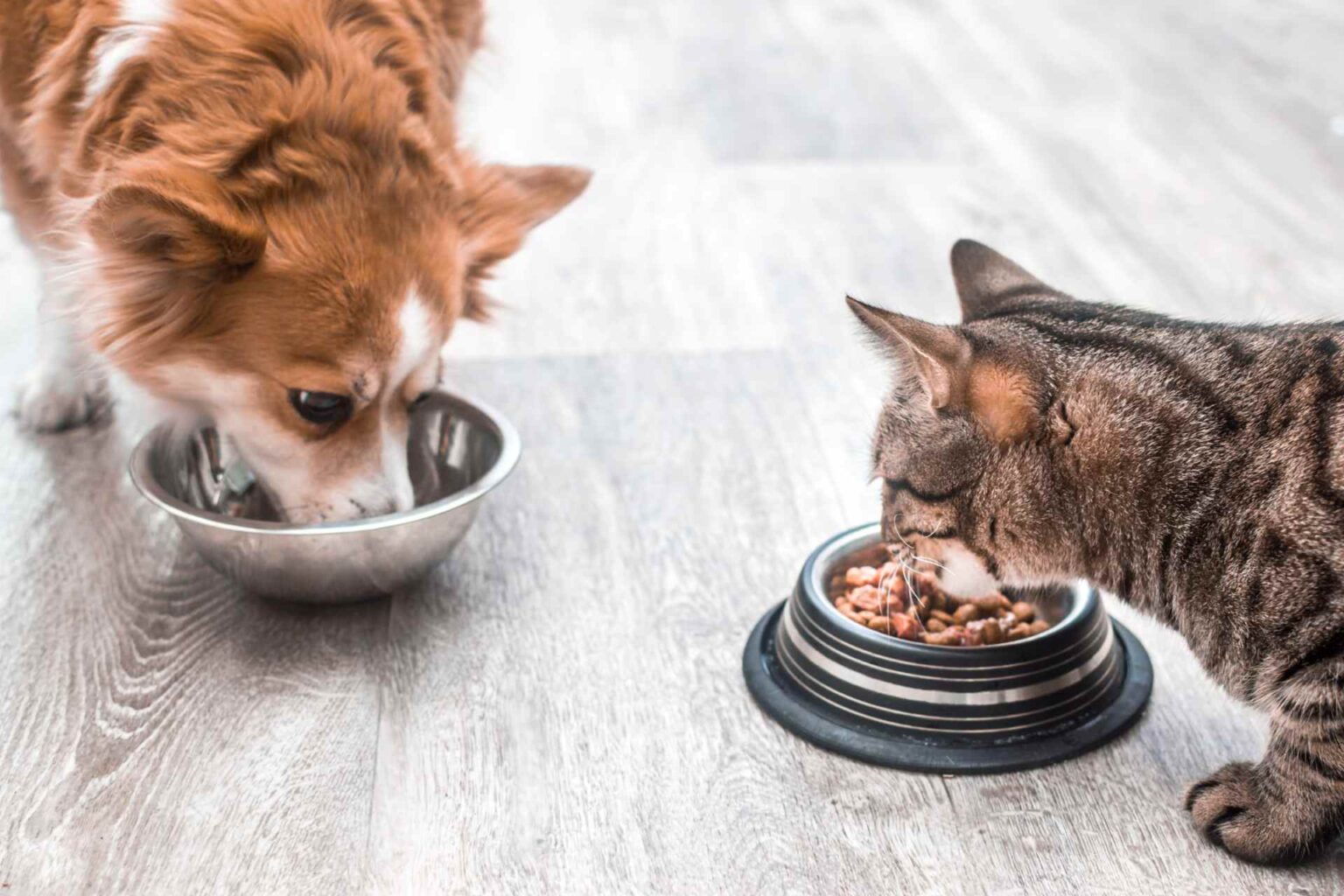An Italian study also confirms the role of the gut-brain axis at the behavioral level and also shows that positive outcomes are accompanied by changes in the composition of the microbiota
Reaffirming the influence that the gut-brain axis also exerts on behavior, an Italian pilot study available online in the Journal of Veterinary Behavior evaluated in dogs the effects of a new nutraceutical supplement on stress-related behaviors and fecal microbiota structure.
Gut-brain axis
At the origin of the vicious cycle in which anxiety and stress interfere with normal gastrointestinal function, and gastrointestinal symptoms in turn go to increase anxiety and stress is in fact The gut-brain axis, Linking in a two-way communication relationship the nervous system, the endocrine system, and the immune system.
Underlying this continuous interchange of information is the microbiota, which in cases of dysbiosis activates the immune system and triggers a pronounced inflammatory state that can negatively affect brain function and thus behavior.
In the animal, when the adaptive response to real or perceived dangers fails to avoid the stressor, the stress response becomes chronic and eventually affects both physical and emotional health.
In dogs, in fact, chronic stress is likely to cause behavioral problems such as anxiety, fear, and aggression, which reflect negatively on the animal’s biological functions, well-being, and quality of life. In particular, protracted stressful events seem to be able to bring about behavioral changes, endocrine alterations, and neuroinflammation.
The study
The study, conducted as a double-blind placebo-controlled trial, involved 40 dogs (ages 1 to 10 years): 30 showed signs of anxiety and stress and were randomly assigned to treatment (n=20) or placebo (n=10), while another 10 that showed no signs of anxiety represented the controls.
The treatment group was given a new nutraceutical supplement (Relaxigen Pet dog®) once daily for 60 days, containing natural anti-inflammatories (conjugated linoleic acid, Qrill pet), pre/probiotics( inactivatedLactobacillus reuteri, butyric acid, fructo-oligosaccharides), 5-hydroxytryptophan and L-theanine. For each dog in treatment, owners completed a questionnaire on days 0, 30, and 60 that assessed behavior, management, health problems, and any signs of anxiety and stress.
Stool samples were also collected at the beginning of the trial to compare the microbiome of stressed and non-stressed dogs, and on days 30 and 60 stool samples were collected in the treatment and placebo groups to determine the composition of the microbiome.
Results on behavior and microbiota
- Based on the owners’ responses to the questionnaire, the behavior of the treated dogs improved in 95 percent of cases (19 out of 20 dogs), compared with 50 percent in the placebo group. Stool samples analyzed at the beginning of the study showed that dogs with stress behaviors had a different microbiota composition than healthy dogs, with higher concentrations of lactobacilli, bifidobacteria and Enterobacteriaceae.
- At day 60, Bacteroides spp., Prevotella spp. and Porphyromonas spp. were singnificantly decreased in dogs receiving treatment compared with placebo. .
- Dogs in the treated group showed a reduction in bifidobacteria at day 30 and day 60 and a statistically significant decrease in lactobacilli compared with placebo.
- At day 60 in treated dogs, Clostridium coccoides and Eubacterium rectale species and Enterobacteriaceae were also reduced compared with placebo.
Certainly interesting data, then, although the authors recommend caution in their interpretation, pending further investigation.
Reference
Cannas, S., Tonini, B., Belà, B., Di Prinzio, R., Pignataro, G., Di Simone, D., Gramenzi, A., Effect of a novel nutraceutical supplement (Relaxigen Pet dog®) on the fecal microbiome and stress-related behaviors in dogs: A pilot study., Journal of Veterinary Behavior (2020).












